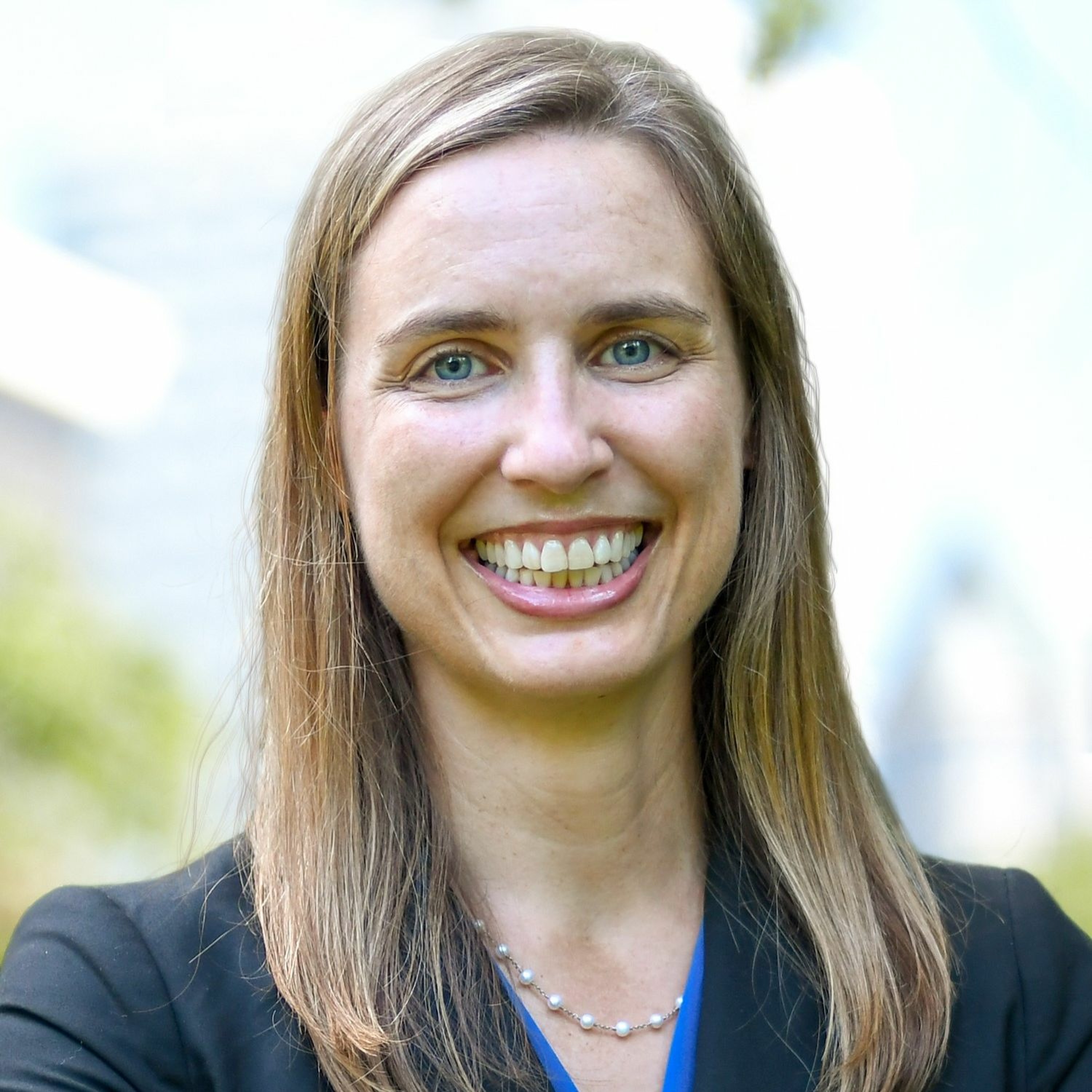American Cancer Society Updates Guideline for Diet and Physical Activity

The American Cancer Society has updated its guideline on diet and physical activity for cancer prevention. \n\nDr. Laura Makaroff\u2014Senior Vice President of Prevention and Early Detection at the American Cancer Society\u2014joined the podcast to explain how staying at a healthy weight, staying active throughout life, following a healthy eating pattern, and avoiding or limiting alcohol may greatly reduce a person's lifetime risk of developing or dying from cancer. \n\nAt least 18% of all cancer cases in the US are related to a combination of these factors. These lifestyle habits are the most important behaviors after not smoking that people can control and change to help lower their cancer risk.\n\nThe updated guideline reflects the latest evidence published since the last update in 2012.\nIt appears in the American Cancer Society\u2019s peer-reviewed journal, CA: A Cancer Journal for Clinicians: https://acsjournals.onlinelibrary.wiley.com/doi/full/10.3322/caac.21591. A summary can be found on our home page: https://www.cancer.org/latest-news/american-cancer-society-updates-guideline-for-diet-and-physical-activity.html.\n\n2:05 \u2013 Background on the Guidelines for Diet and Physical Activity and why they were updated\n\n3:23 \u2013 How the guidelines are intended for a broad audience of health care professionals, policymakers, and the general public\n\n6:32 \u2013 On the impact of body weight on cancer risk\n\n11:04 - Why preventing weight gain as we age is important\n\n14:01 \u2013 \u201cMove more, sit less\u201d and the link between physical activity and post-menopausal breast cancer\n\n18:06 \u2013 On healthy lifestyle patterns and accommodating slip-ups while maintain a healthy pattern\n\n24:09 \u2013 Recommendations for alcohol consumption\n\n25:48 \u2013 \u201cIf you could eliminate just one obstacle to our engaging in healthy behaviors, what would it be?\u201d\n\n28:05 \u2013 ACS resources that can help people make better decisions about their health behaviors\n\n30:15 \u2013 A message she\u2019d like to share with cancer patients, survivors, and caregivers